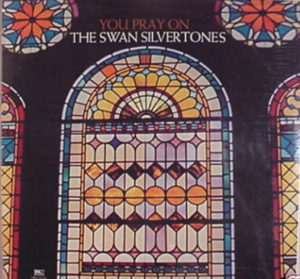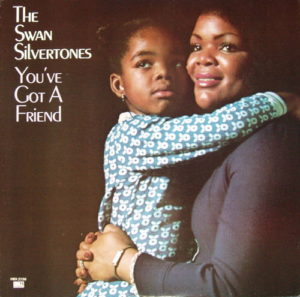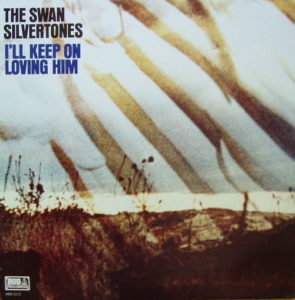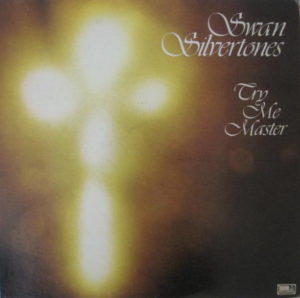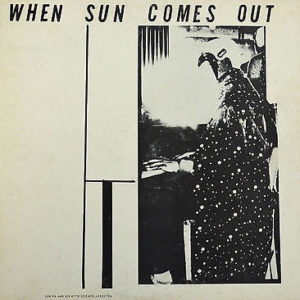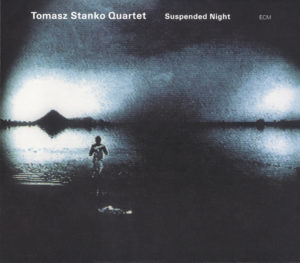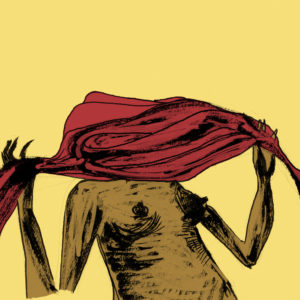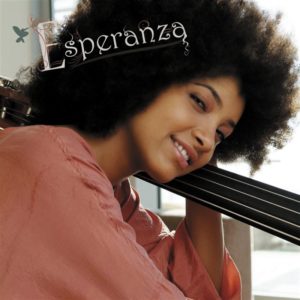João Gilberto – Chega de saudade Odeon MOFB 3073 (1959)
Chega de saudade was an album credited as the being the very first in an entirely new genre: bossa nova. João Gilberto was the genre’s true master, the epitome of its cool, detached, laid-back qualities, with a voice perfectly suited to the music and an often-imitated but never duplicated style on the guitar. He is supported by some jazzy accompaniment. It is complementary. Yes, this is music of the well-off, but it is music of the most aware and sympathetic among them. In an era before the LP format really came into its own, this is one of the early milestones. It still sounds great more than a half-century later. His next few albums, though still good, lacked the utterly effortless cool achieved here. Then came international success with the excellent collaboration Getz / Gilberto. Also check out Gilberto’s arguably best album, the eponymous 1973 effort João Gilberto.


